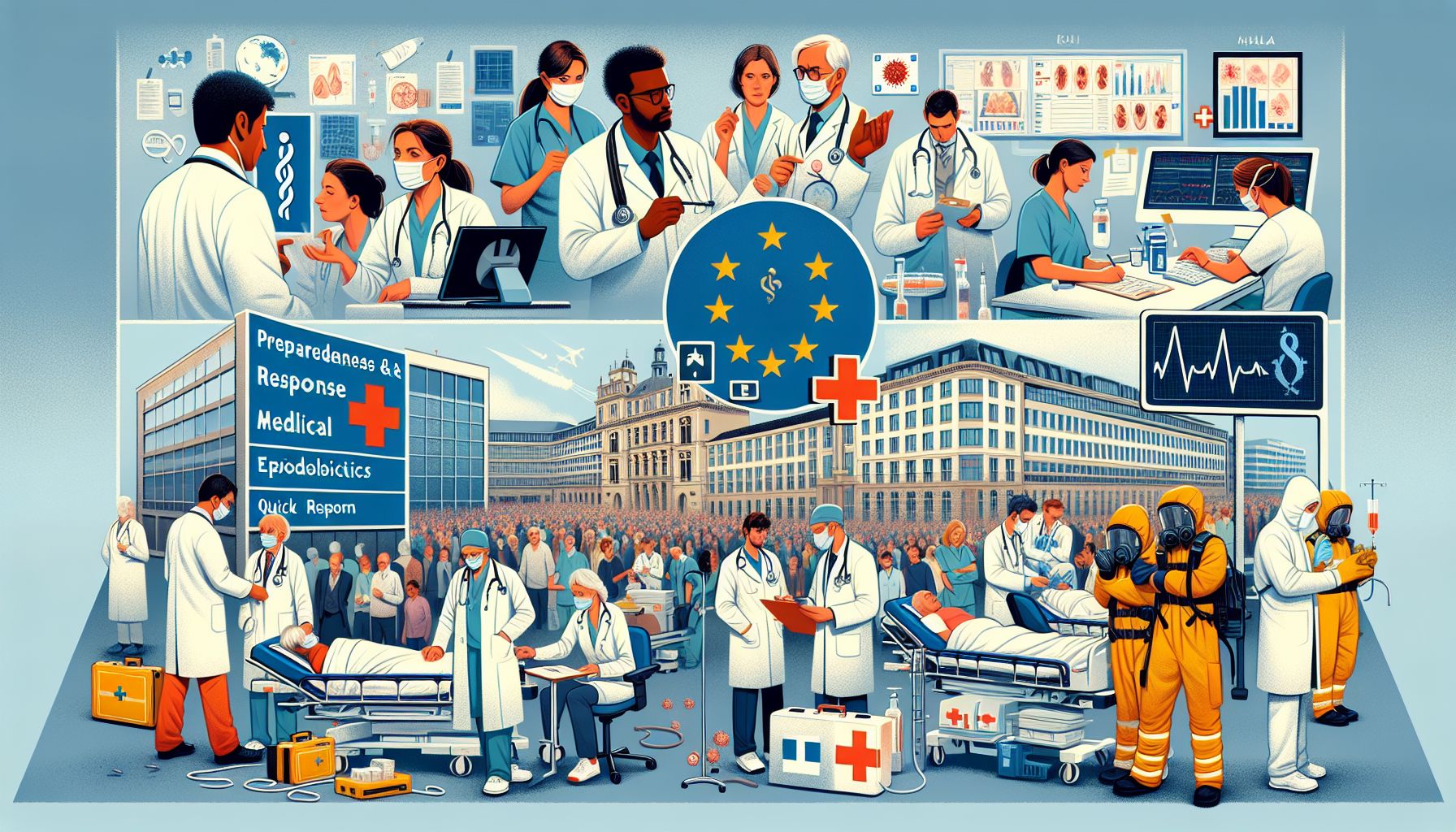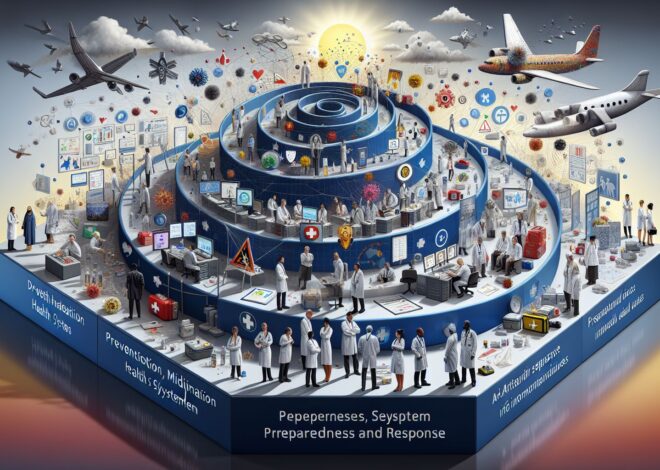
The Preparedness and Response of European Health Systems
European health systems have been put to the test in recent years, facing unprecedented challenges such as the COVID-19 pandemic, increasing healthcare demands, and limited resources. In this dynamic environment, it is crucial for health professionals, policymakers, and concerned citizens to understand the importance of preparedness and response in order to ensure the stability and effectiveness of healthcare systems.
Health Professionals
Health professionals play a critical role in the preparedness and response of European health systems. They are on the front lines, providing direct care to patients and making crucial decisions that can impact the overall health system. It is essential for health professionals to stay informed about the latest developments in healthcare, including new treatment options, technologies, and best practices for managing emergencies.
Moreover, health professionals must be prepared to adapt to changing circumstances and respond quickly and efficiently to crises. This requires ongoing training, communication, and collaboration with other healthcare providers, as well as a willingness to innovate and implement new strategies to improve patient outcomes.
Policymakers
Policymakers also play a key role in the preparedness and response of European health systems. They are responsible for creating and implementing policies that govern healthcare delivery, funding, and regulation. Policymakers must work closely with health professionals to develop comprehensive emergency preparedness plans, allocate resources effectively, and address gaps in the healthcare system.
In addition, policymakers must be proactive in identifying emerging health threats and developing strategies to mitigate their impact. This includes investing in public health infrastructure, expanding access to healthcare services, and ensuring that healthcare facilities have the necessary equipment and supplies to respond to emergencies.
Concerned Citizens
Concerned citizens have a vital role to play in supporting the preparedness and response of European health systems. By staying informed about public health issues, following recommended guidelines for preventing the spread of infectious diseases, and seeking timely medical care when needed, citizens can help reduce the burden on healthcare systems and protect the health and well-being of their communities.
Furthermore, concerned citizens can advocate for policies that promote public health, support healthcare workers, and improve access to quality care for all individuals. By engaging with local and national government officials, participating in community initiatives, and being proactive in promoting health and wellness, citizens can contribute to a more resilient and responsive healthcare system.
Conclusion
In conclusion, the preparedness and response of European health systems are essential for ensuring the delivery of high-quality healthcare services to all individuals. By working together, health professionals, policymakers, and concerned citizens can strengthen the capacity of healthcare systems to respond to emergencies, protect public health, and improve patient outcomes. It is imperative that all stakeholders remain vigilant, proactive, and collaborative in addressing the evolving challenges facing healthcare systems in Europe.



